SITE PROFILE
The Masbate Gold Project (MGP) is a joint operation of Filminera Resources Corporation (FRC) and Phil Gold Processing and Refining Corporation (PGPRC).
FRC owns, manages, and operates the entire Mineral Production Sharing Agreement (MPSA) awarded by the government, while PGPRC owns and operates the gold processing plant and is responsible for the sale of gold.
Orica provides Down-the-Hole (DTH) services to the Masbate Gold Project, delivering bulk explosives and initiating systems into blastholes.
Since 2013, the Masbate Gold Project has used Orica’s uni tronic™ 600 Electronic Blasting System to initiate blasts. The precise control of electronic detonators helps improve blasted material movement and manage vibration.
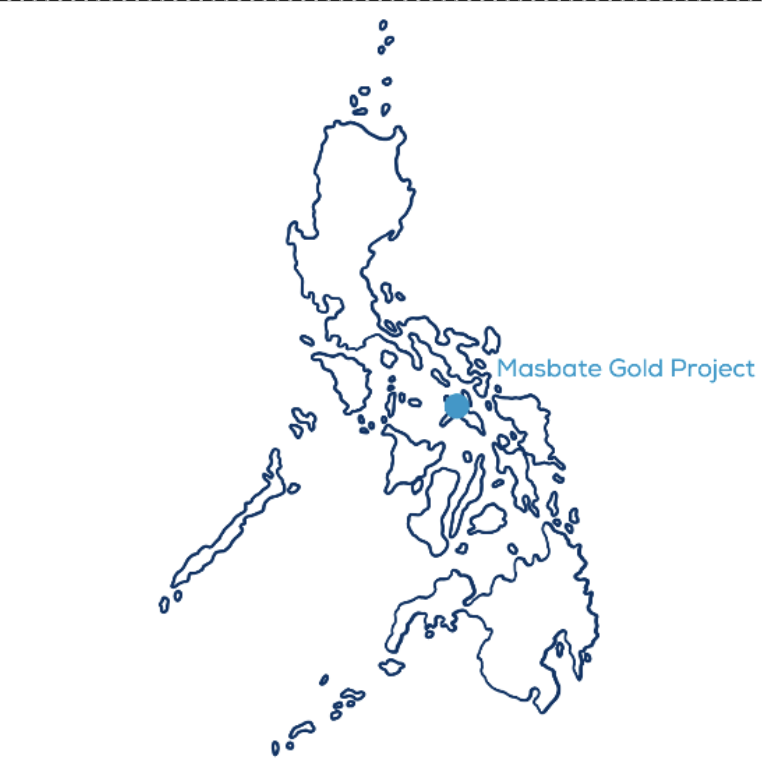
THE SITUATION
The mine is significantly constrained by its proximity to the community, with houses located within 500 metres of the pit. Residents have demanded tighter control of vibration, dust, noise, flyrock, and fumes from blasting.
National regulations prohibit sleeping blasts, which makes designing large, productive blasts difficult. The mine uses water trucks to spray blast patterns to suppress dust. However, the trucks cannot access the entire pattern of blastholes primed with uni tronic™ 600 electronic detonators due to the connecting wires between holes.
The mine operator asked Orica to investigate how blasting technology could overcome the constraints imposed by wired initiation systems.
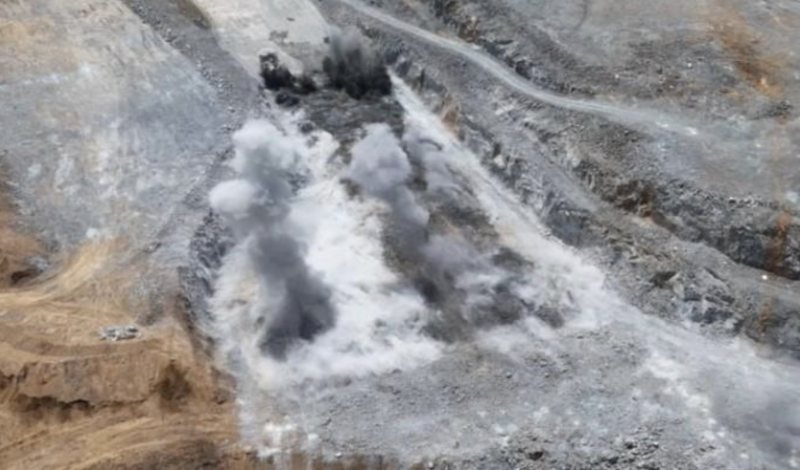
TECHNICAL SOLUTIONS
Orica proposed a demonstration of its WebGen™ wireless initiation system. WebGen™ uses magnetic induction signals to wirelessly initiate primers in blastholes.
In surface mines such as Masbate, WebGen™ offers significant safety, security, and productivity advantages over conventional wired and signal tube initiation systems.
Stemmed blastholes loaded with WebGen™ primers have no wires or signal tubes and can be safely slept for up to 60 days, with virtually no risk of theft or accidental initiation from lightning, impact, heat, or other sources. The risk of misfires due to wire damage is eliminated.
After a detailed risk assessment and careful implementation, sleeping WebGen™ blasts can be graded, watered, and even used as haul roads. This provides scheduling flexibility and reduces airborne dust created by dry, fine drill cuttings.
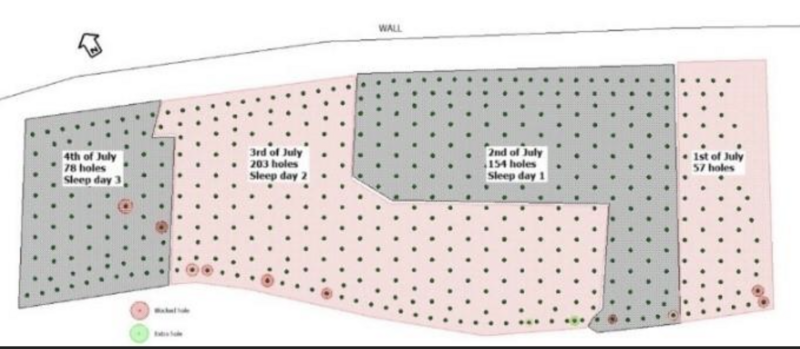
THE RESULT
Orica Philippines and the Masbate Gold Project marked a significant milestone with the first-ever wireless detonator blast in the Philippines at Filminera Resources Corporation (FRC). The blast was loaded over four consecutive days and fired on 4 July 2025.
A total of 492 blastholes were safely slept for four days, without any risk of wire damage or theft.
The wireless blast produced significantly less dust compared to conventional shots. This was achieved by using a grader to remove drill cuttings from the loaded, stemmed holes, then driving water trucks across the loaded pattern to thoroughly irrigate the entire area. This approach provided more effective dust suppression than the usual method, where a water truck or hydro seeder partially irrigates the blast area from outside the boundary.
Orica used advanced drone video analysis software to convert footage into analytics data. Insights derived from the data enabled mine site personnel to optimise blasting operations and monitor impacts, improving both safety and productivity.
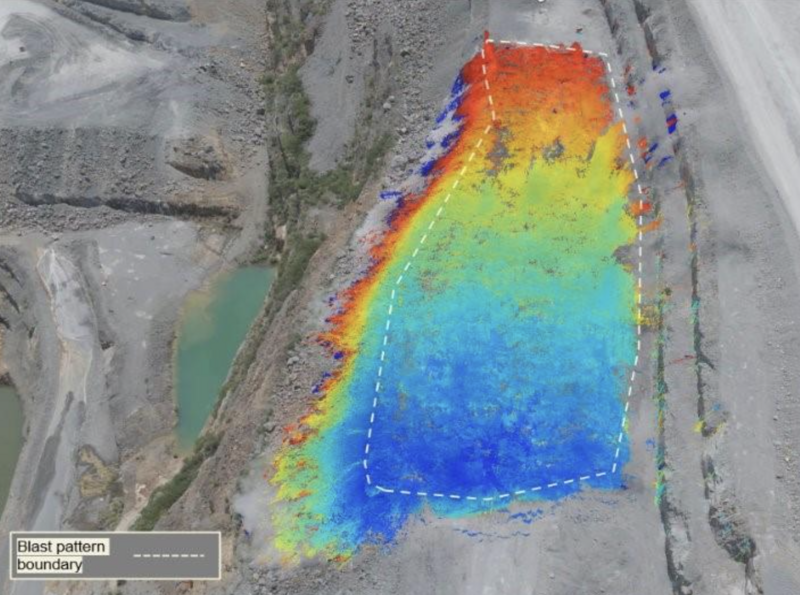
Shovel productivity was assessed using video cycle analysis software to measure dig rates. In each flitch, excavator productivity exceeded the mine’s benchmark of 525 bcm/hour for the PC2000 excavator we assessed fragmentation and then dig rate using video cycle analysis.
Fragmentation was analysed using Orica’s image analysis software. All three flitches produced substantially better fragmentation than the mine’s benchmark of P80 < 800mm.
While better shovel productivity and fragmentation cannot be solely attributed to the initiation system, it is plausible that the larger WebGen™-enabled blast produced superior results. The volumetric proportion of edge effects in one large blast is smaller compared to the equivalent volume produced by multiple smaller blasts.
The WebGen™ demonstration project at Masbate Gold Project marks the first wireless electronic blast in the Philippines. Implementing wireless blasts at Masbate is a key milestone for all open-cut mines in the country, paving the way for larger, more productive, and less dusty WebGen™-enabled slept blasts.
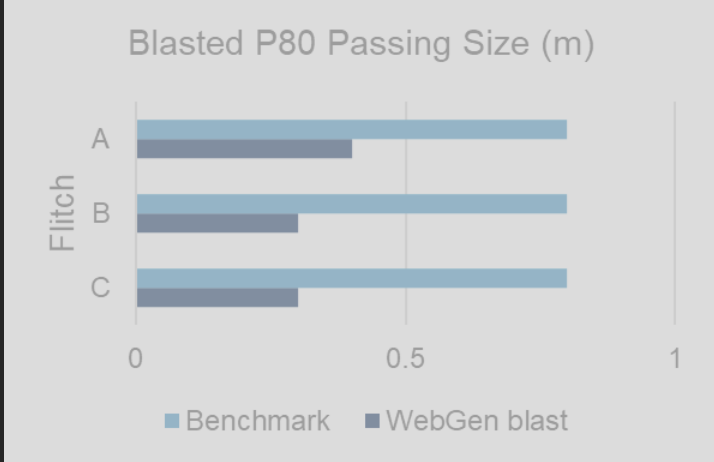
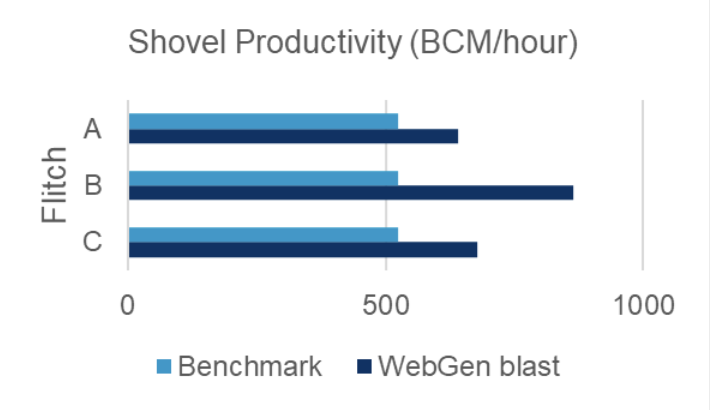
SUMMARY OF OUTCOMES
- Sleep Blasting: WebGen™ allows large, slept blasts with negligible risk.
- Dust Suppression: Innovative pre-blast preparation methods visibly reduced dust emissions.
- Reliability: No misfires or explosive remnants were detected.
- Productivity Gains: All dig rates exceeded customer benchmarks by a wide margin.
- Fragmentation Quality: Particle sizes were well below the maximum limit.
“At the Masbate Gold Project, safety and operational efficiency are always at the forefront of our operations. While we continue to use electronic blasting systems for our mine, we recently conducted a trial of WebGen™ wireless blasting technology. The results were impressive, particularly in dust mitigation, as it allowed equipment to operate safely above loaded holes. This not only improved working conditions but also reinforced the potential of WebGen™ as a safe and efficient complement to our blasting practices.”
Nikko Vanell Dolino
Chief Mine Engineer
Filminera Resources Corporation
Masbate Gold Project, Philippines
“Masbate Gold Project is always exploring innovations in blasting to improve efficiency and responsibility. When WebGen™ was introduced, we were eager to trial the wireless blasting technology. Sleeping the shot minimised production and community disturbance, and driving over loaded shots enabled safer, dust-suppressed blast layouts. The overall trial process required significant effort from both Orica and Masbate teams. Overall, it was a resounding success – a first in the Philippines, which was witnessed and commended by government representatives. We look forward to further utilising new blasting techniques to advance our operations and set new standards in responsible mining.”
Renel Jose Banzon
Mining Manager
Filminera Resources Corporation
Masbate Gold Project
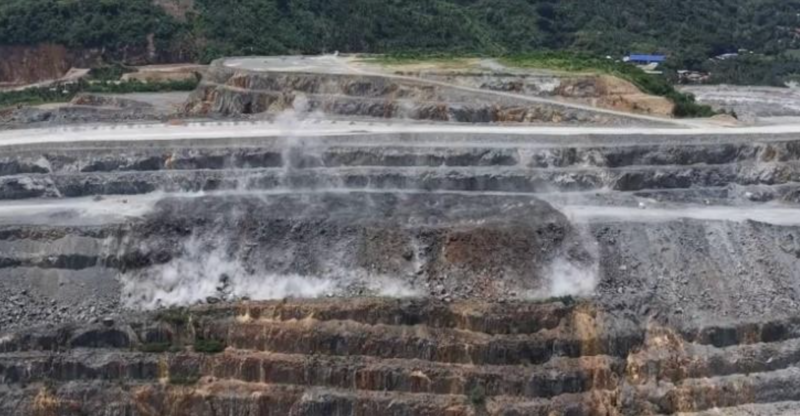
ACKNOWLEDGEMENTS
Orica wishes to thank Masbate Gold Project for their support and permission to conduct the trial and publish this case study.
Special thanks are extended to the Orica Masbate Team, WebGen™ Specialists Team, Orica Graduate Engineers, the Philippines National Police, and the Mines and Geosciences Bureau for their efforts and support in achieving the first-ever wireless technology blast in the Philippines.
Authors: Kerster Jann A. Pages, Carl Joseph B. Dakay, Joryl Mananay, Josh Adrian Bautista
Date: 22 September 2025
DISCLAIMER
© 2025 Orica Group. All rights reserved. All information contained in this document is provided for informational purposes only and is subject to change by the Orica Group without prior notice. Because the Orica Group cannot anticipate or control the conditions under which this information and its products and/or services may be used, each user must independently review and evaluate the information in the specific context of the intended application.
To the maximum extent permitted by law, the Orica Group specifically disclaims all warranties express or implied in law, including accuracy, non-infringement, and implied warranties of merchantability or fitness for a particular purpose. The Orica Group specifically disclaims, and will not be responsible for, any liability or damage resulting from the use or reliance upon the information in this document.
The word Orica and the Ring device are trademarks of the Orica Group.










